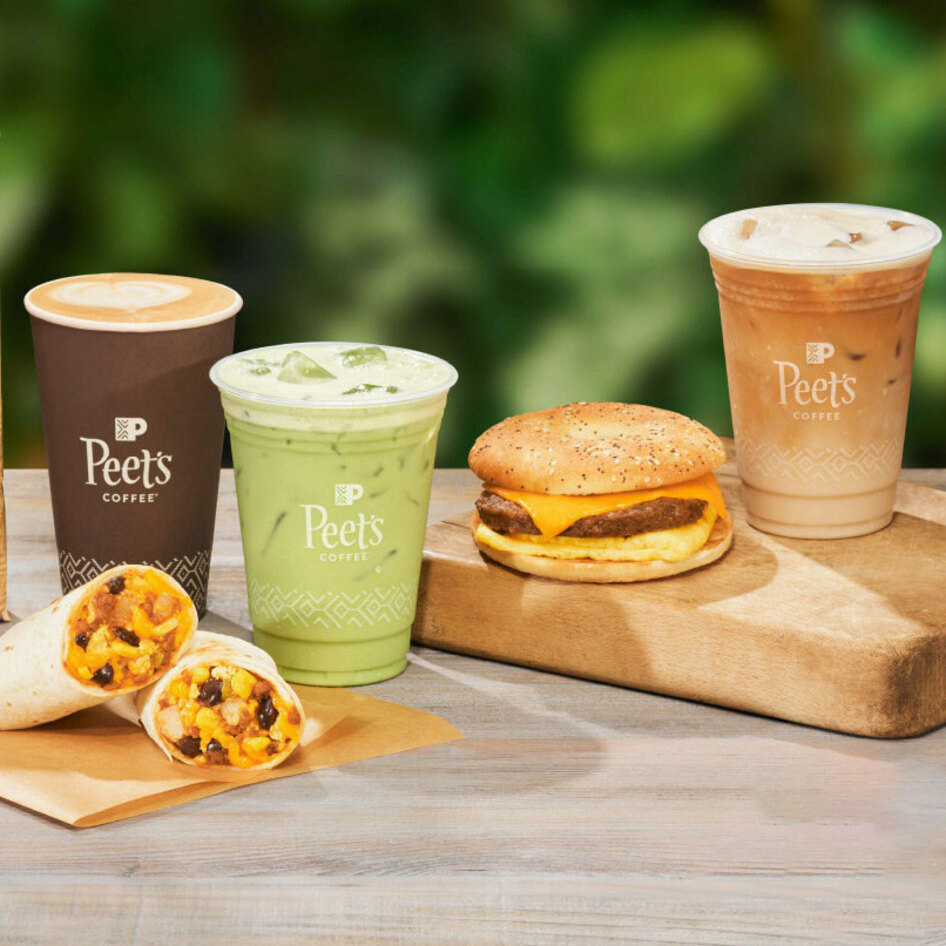Israel-based startup Aleph Farms successfully created cell-based meat at the International Space Station (ISS) just outside of the Earth’s orbit, approximately 248 miles from any natural resources. The company produced a beef steak using a small amount of animal cells that it grew in conditions that mimic a cow’s body but without the need to slaughter the animal. The purpose of the project—which was completed through an international collaboration with Russian company 3D Bioprinting Solutions, United States-based companies Meal Source Technologies and Finless Foods, and food-technology incubator The Kitchen—was to demonstrate that it was possible to create meat in an environment not suited for traditional agriculture. “In space, we don’t have 10,000 or 15,000 liters (3962.58 gallons) of water available to produce one kilogram (2.205 pounds) of beef,” Didier Toubia, co-founder and CEO of Aleph Farms, said. “This joint experiment marks a significant first step toward achieving our vision to ensure food security for generations to come, while preserving our natural resources. This keystone of human achievement in space follows Yuri Gagarin’s success of becoming the first man to journey into outer space, and Neil Armstrong’s 50th anniversary this year, celebrating the moment when the first man walked on space.” The main goal of Aleph Farms is developing innovative food solutions that do not exacerbate land waste, water waste, and pollution to feed 10 billion humans expected to occupy the earth by 2050. “The mission of providing access to high-quality nutrition anytime, anywhere in a sustainable way is an increasing challenge for all humans,” The Kitchen CEO Jonathan Berger said. “On Earth or up above, we count on innovators like Aleph Farms to take the initiative to provide solutions to some of the world’s most pressing problems, such as the climate crisis.”
JUMP TO ... Latest News | Recipes | Guides | Health | Shop
Photo Credit: Aleph Farms/Afik Gabay










